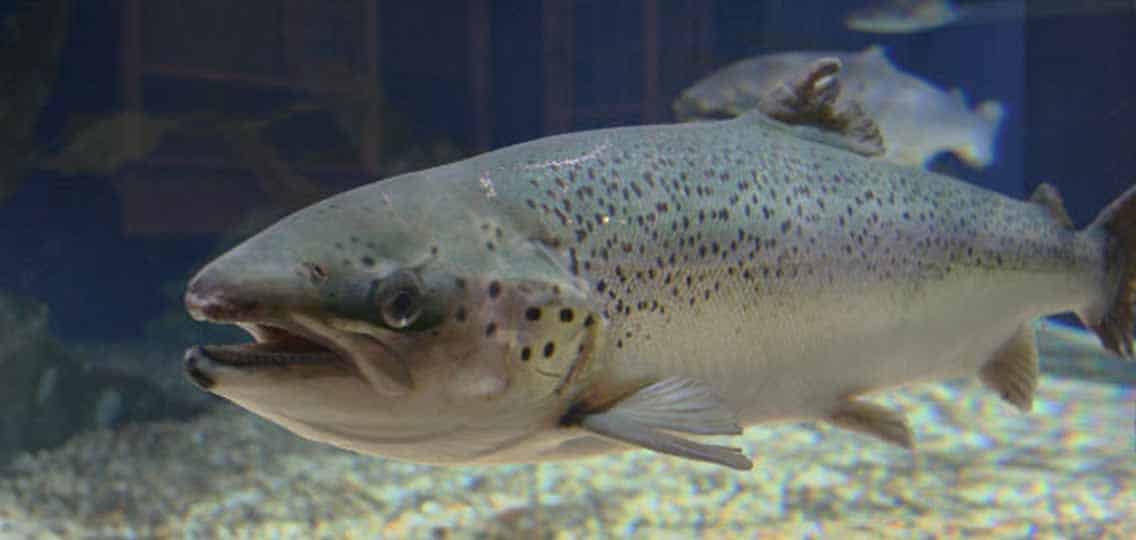ST JOHN’S – Ecojustice, acting on behalf grassroots groups and individuals concerned about the health of wild Atlantic salmon stocks, has filed a lawsuit to ensure the Indian Head Hatchery expansion does not go ahead without a proper environmental assessment.
The expansion to the Stephenville facility poses a threat to the last of Canada’s healthy wild Atlantic salmon populations, and could further stress wild salmon populations already in decline.
The groups say the Minister of Municipal Affairs and Environment acted unlawfully when he decided to release the hatchery from further environmental assessment.
The environment assessment for the Indian Head Hatchery expansion was scoped to exclude the project’s marine portion — that is, the open-net pens to which an additional 2.2 million salmon smolt will be transferred. The expansion, approved in September 2018, will result in a 50 per cent expansion of the hatchery’s production capacity.
Due to regulatory loopholes in Newfoundland and Labrador, fish farms are often not subject to environmental assessment – even though it is well-established they have an adverse impact on wild salmon populations.
Ecojustice lawyers are acting on behalf of the Salmonid Association of Eastern Newfoundland; the Freshwater-Alexander Bays Ecosystem Corporation; the Port Au Port Bay Fishery Committee; Alan Pickersgill; John Baird; and Wayne Holloway in this matter.
James Dinn, President of the Salmonid Association of Eastern Newfoundland
“Wild Atlantic salmon in some areas of Newfoundland and Labrador have declined 45 per cent since 2015, and this project could worsen the situation. The threats posed by open-net pen salmon farming to wild salmon populations are well documented. Wild salmon can be severely affected by competition, interbreeding, and disease. Given these significant threats, we are calling on the Province to develop its aquaculture industry in an environmentally-responsible and precautionary manner.”
Sarah McDonald, lawyer for Ecojustice, said:
“We’re calling on Minister Letto and the province of Newfoundland and Labrador to account for their failure to expand fish farms in a responsible and precautionary manner, as required by law. There are glaring loopholes in the way fish farms are regulated in the province, which multinational corporations are using to expand their operations in a way that allows them to avoid environmental assessment. Wild Atlantic salmon stocks, some of which are already threatened, could be devastated by the Indian Head Hatchery expansion and similar projects.”

